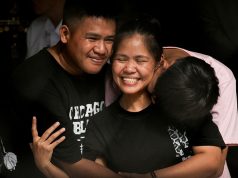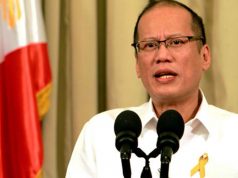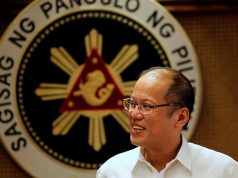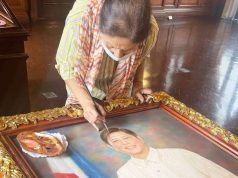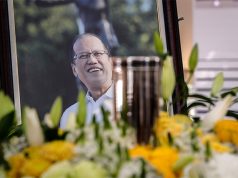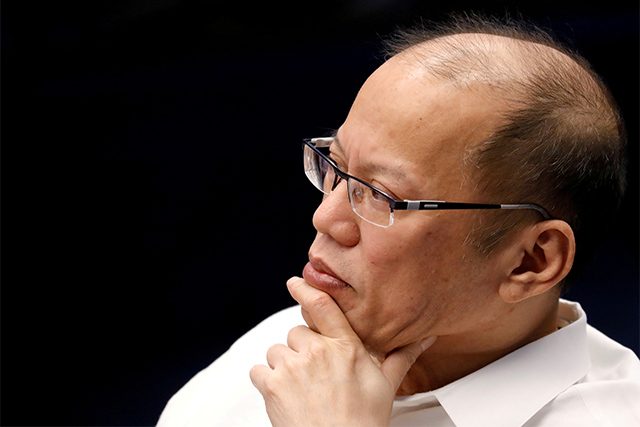
A former country director of World Bank described the late President Benigno Aquino III as someone who “walked the talk” in a reflection on the latter’s leadership.
Aquino, the country’s 15th president passed away last week, on June 24. He died at 61 years old.
In a tribute on Facebook on June 28, Motoo Konishi, former World Bank country director, remembered the main lessons World Bank picked up on during the Aquino administration.
Konishi said that the World Bank learned from Aquino three conditions to eliminate poverty.
“First, unless you improve governance and reduce corruption, you can never eliminate extreme poverty. Second, unless you can tackle climate change and natural disasters, you can never eliminate extreme poverty. And lastly, unless you can grow the economy that lifts the entire country from bottom up and create meaningful jobs you can never eliminate extreme poverty,” Konishi said.
“Those three conditions for eliminating poverty was really taken to heart by the World Bank,” he added.
Konishi then cited examples of how Aquino managed to fulfill these three conditions or “walked the talk” during his term.
In terms of governance and corruption, the former World Bank executive cited:
- Efforts to eliminate corruption payments in the Department of Public Works and Highways reduced the cost of large national contracts by 25-30%
- Tax revenues improved from less than 12% of the country’s gross domestic product to over 15%, including the passage of the Sin Tax Law in 2012
- The use of the multilateral banks to create “the huge fiscal space” the current administration is to fund the heavy expenses of the coronavirus pandemic
In handling climate change and natural disasters, Konishi cited the Typhoon Haiyan Reconstruction Plan that the previous administration managed to organize in less than six months after Super Typhoon “Yolanda” (international name Haiyan) ravaged the country.
This also prompted the Department of Finance to instruct World Bank to create its own anti-natural disaster program.
“To reduce and mitigate the financial burden caused by natural disasters, DOF instructed the World Bank to create a wholly new Disaster Risk Financing and Insurance Program (now a new product line offered globally by the World Bank),” Konishi said.
Lastly, in helping Filipinos across sectors, he cited:
- The conditional cash transfer program that pulled 7.7 million Filipinos out of poverty
- Expanded the coverage of the health insurance, which Konishi described as the “largest and one of the best-managed program of this type in the world”
- Tripled the budget for social services
‘Most rewarding’ experience
Konishi then stated that in his 35 years service at the World Bank, working with Aquino has been “the most challenging, most impressive and most rewarding.”
He also specified the “monumental work” of Karl Chua, now secretary of the National Economic and Development Authority, back then.
“The Philippines Jobs Report and Mindanao Jobs Report both were monumental work produced by teams led by our brilliant senior economist Karl Chua who is now the Secretary of NEDA,” he said.
In a tribute message to the late chief executive, Konishi thanked Aquino and his administration for his devotion and sacrifice to the Filipino people.
“Dear President Aquino, on behalf of all the World Bank staff who worked in the Philippines during your administration, it’s been a true honor and privilege to serve you. Bravo for the pride that you have brought back to the Filipino people. May you Rest in Peace and thank you for the devotion and sacrifice you have made for this great country,” he said.




